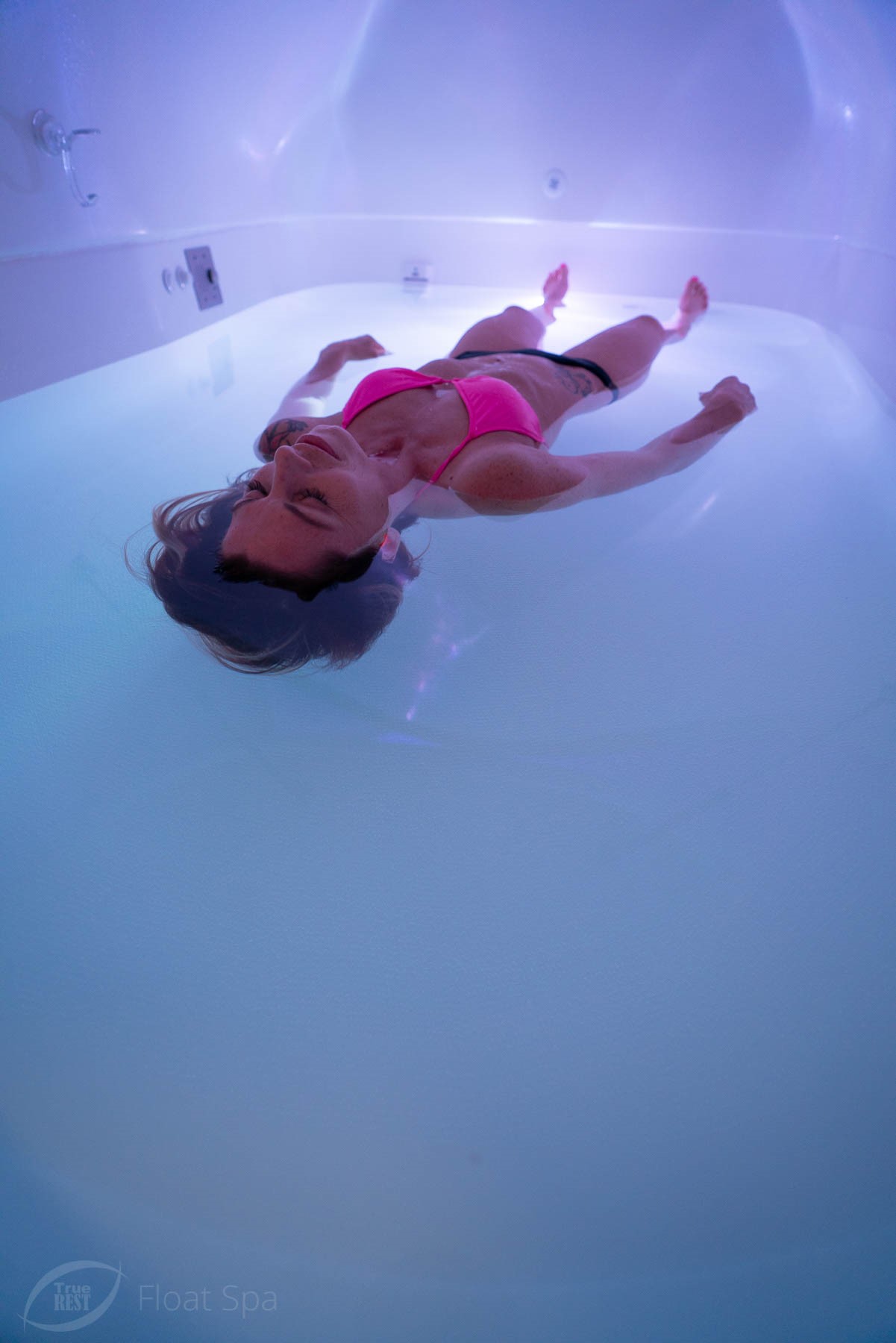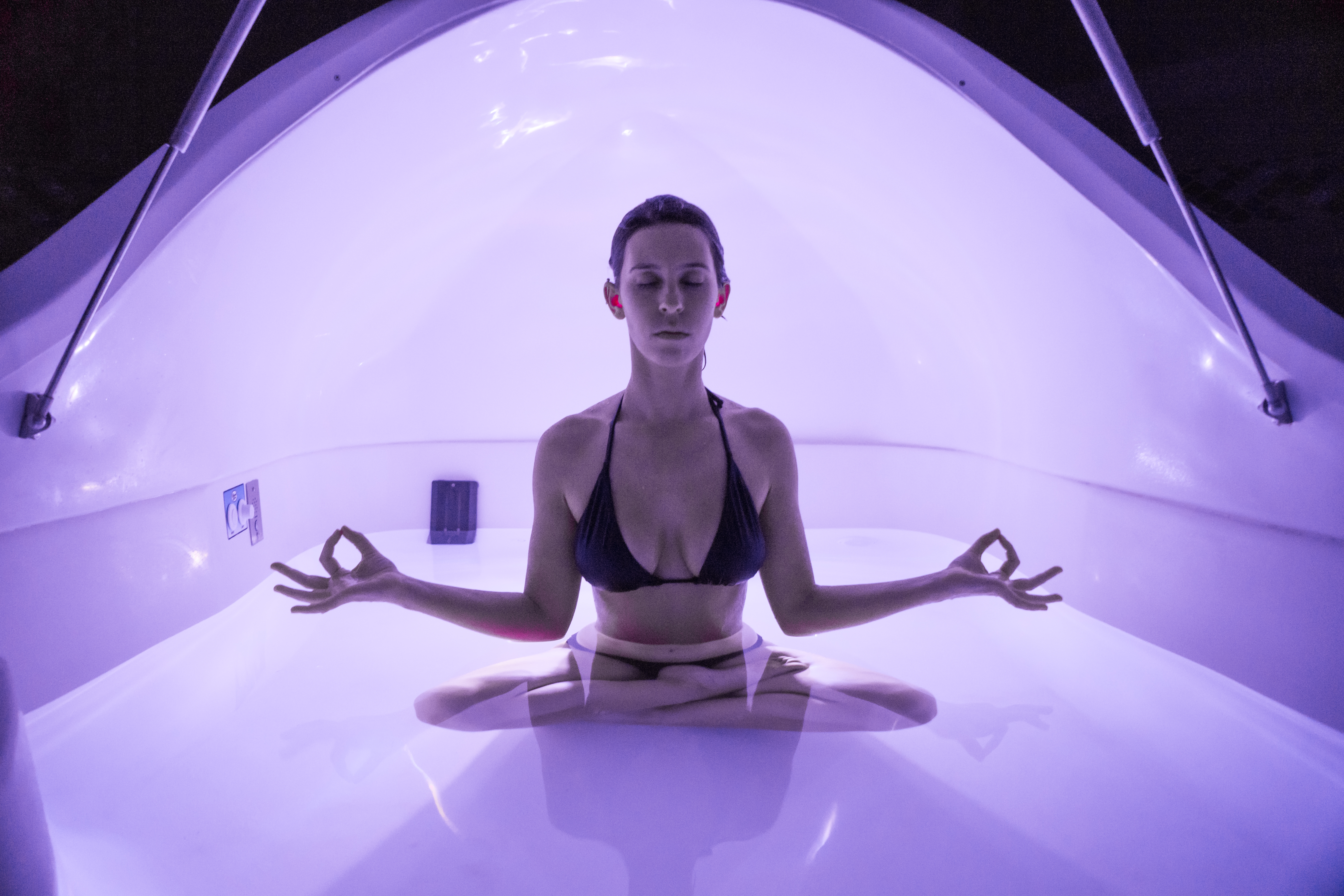Sending a child off to college is not only exciting but also scary for most parents. During the hustle and bustle of this hectic time, many parents have checklists and to-dos a plenty to make sure their child has everything they need to be successful. However, one item that many don’t think about is how parents can help their children’s mental health while at college.
According to the Center for Collegiate Mental Health’s Annual Report, college is the time when many mental health problems emerge.
While college should be an overall positive experience, no doubt there are times it induces stress. According to the American Psychological Association, a high number of college students who seek counseling are concerned with three main issues that affect their mental health: anxiety, stress and academic performance. Colleges and universities are not equipped with enough counseling staff in comparison to the number of students on campus. This poses significant problems in which universities are not able to support their communities. While other avenues may be offered, such as hotlines and support groups, science has proven that floatation therapy is an alternative form of treatment that addresses mental and physical health. Reaching out to counselors is important, but floating may also provide relief to college students in the interim.

True REST Float Spa, the national leader in floatation therapy, offers five holistic ways college-aged students can improve their mental health during the school year.
- Eat Well. This should be pretty obvious; however, many students are away from their parents for the first time, are stressed more than ever and are pressed for time. Students who eat a balanced diet perform better in the classroom and cope better with stress and anxiety.
- Sleep. Because most college students don’t have mom and dad telling them “lights out,” it is important that students get adequate sleep. Study after study correlates the effects of sleep and mental health. Harvard Medical School stated that “Sleep problems may increase risk for developing particular mental illnesses, as well as result from such disorders.”
- Exercise. Exercise allows students to focus on something other than school. It is also a great way to boost one’s mood and reduces stress. One study says that exercising for 30 minutes, three days a week is as effective as drug therapy.
- Meditation. Meditation can be guided by a variety of controlled breathing techniques, repetition of mantras and postural exercises to deepen one’s sense of presence and awareness. Meditation produces a sense of calm.
- Floatation Therapy. This is one therapy students and parents don’t normally think of when talking about mental health therapies. Also known as sensory deprivation, floatation therapy has been known to help reduce pain and inflammation, improve sleep decrease stressand anxiety, along with a laundry list of other things like promoting inner peace.
For college students dealing with anxiety, unusual sleep patterns, stress and depression, floating is known to manage these conditions and more by producing positive effects on the body as a result of decreasing daily stressors often caused by difficult situations such as college. Treatment for the mind and body begins with floating in a pod filled with 1,000 pounds of Epsom salts and 180 gallons of water that creates a 30% salt solution. The water is set to body temperature and each session is an hour long, which allows the brain to experience an increase in dopamine and other neurotransmitters due to floating in a sensory and gravity-free environment. This restricts external sources of distraction for an extreme form of relaxation, better sleep and pain relief.
Furthermore, anxiety is managed due to the lack of external stimuli, providing respite from the world and offering psychological benefits of feeling inner peace. Stress hormones, such as cortisol, and high blood pressure are reduced because of the near-weightless environment that relieves the joints of the body and increases blood flow to repair muscle tissues, plus floating can induce creativity by allowing the mind to enter into the theta state often associated with deep sleep and dreaming.
True REST Float Spa advocates for floatation therapy as a viable option for rejuvenating the mind and body in an all-natural approach to health and wellness. Stress caused by college, exams, lack of sleep and other life circumstances is an underlying issue of mental and physical health concerns, and True REST Float Spa offers an alternative, member-based program that meets customers’ individual needs in a spa-like environment. As the world’s largest floatation therapy brand, True REST is providing a unique experience full of relaxation.
For more information about True REST Float Spa, visit https://www.TrueREST.com or contact [email protected].


